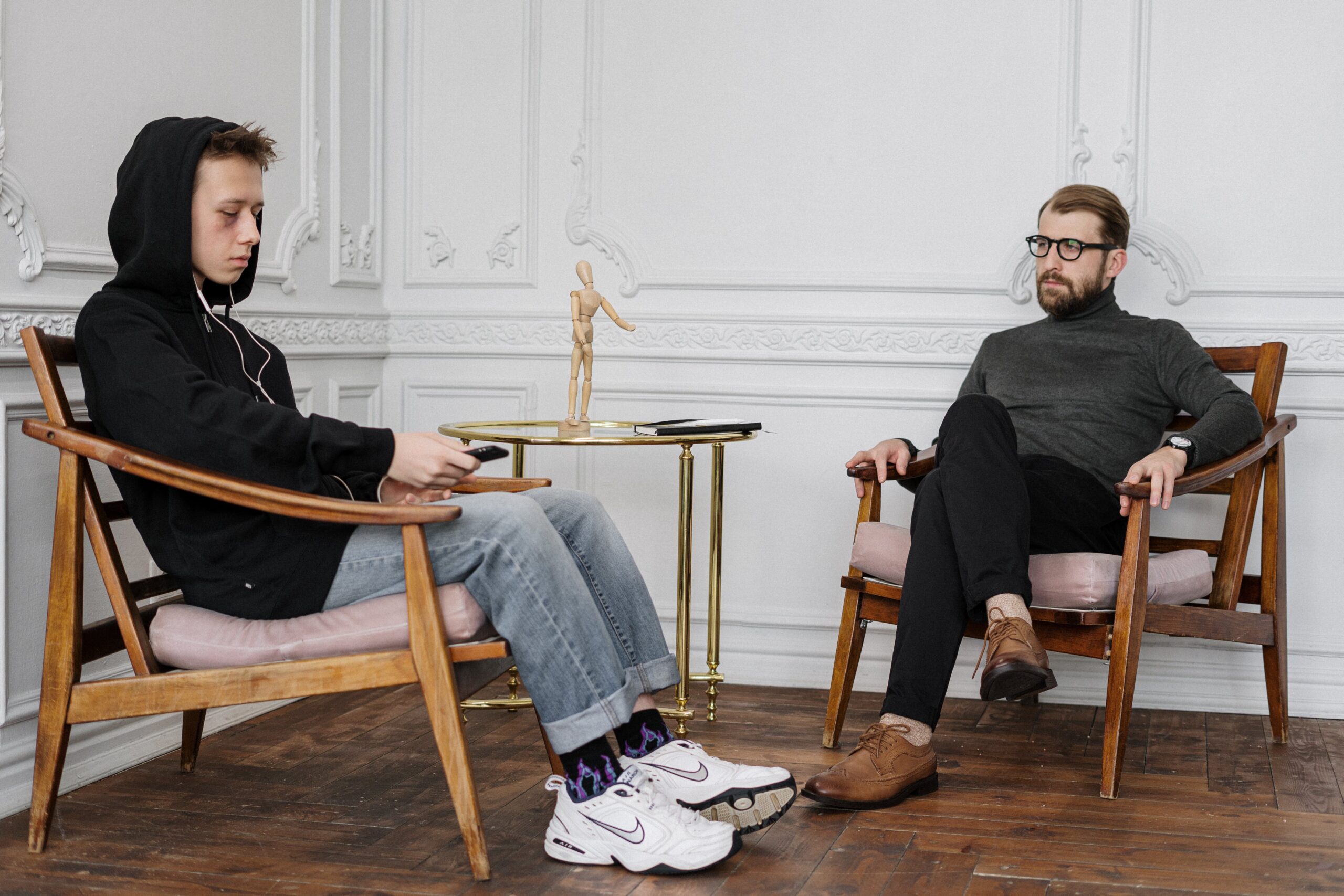Juvenile delinquency is a term that refers to the involvement of minors in illegal or antisocial activities. It can have severe consequences for the young offenders, their families and society. Therefore, it is crucial to identify and address the early signs of juvenile delinquency before they escalate into more serious problems.
In this blog post, we will discuss the common early signs of juvenile delinquency, the possible causes and risk factors, and the available interventions and resources for troubled youth.
Early Signs of Juvenile Delinquency
Predictors of juvenile delinquencies may appear as early as preschool and often include:
- Abnormal or slow development of basic skills, such as speech and language
- Chronic rule violations
- Aggressive behavior toward other students or teachers
As the child grows older, these signs may become more evident and manifest in different ways, such as:
-
- Skipping or dropping out of school
- Hanging out with negative peer groups or gangs
- Experimenting with drugs or alcohol
- Engaging in vandalism, theft, or violence
- Showing disrespect or defiance toward authority figures
- Lying, cheating or stealing
- Having frequent conflicts or arguments with family members
- Showing signs of depression, anxiety, or low self-esteem
- Exhibiting risky or impulsive behaviors, such as self-harm or sexual activity
These signs are not definitive or conclusive and may vary depending on the individual and the situation. However, they can indicate that the child struggles with personal or environmental issues that must be addressed.
Causes and Risk Factors of Juvenile Delinquency
There is no single or simple cause of juvenile delinquency. Instead, it results from complex biological, psychological, social and environmental interactions. Some of the common causes and risk factors of juvenile delinquency are:
- Genetic or neurological factors, such as attention deficit hyperactivity disorder (ADHD), conduct disorder or learning disabilities
- Family factors, such as parental neglect, abuse, divorce, conflict, or criminality
- Peer factors, such as peer pressure, rejection or influence
- School factors, such as poor academic performance, low attendance, or bullying
- Community factors, such as poverty, crime or lack of resources
- Media factors, such as exposure to violence, pornography or negative messages
These factors can affect the child’s development, personality, behavior and decision-making. They can also create stress, frustration, anger or resentment in the child, leading to delinquent acts.
Interventions and Resources for Troubled Youth

The good news is that juvenile delinquency is not a permanent or irreversible condition. There are many ways to help troubled youth and their families overcome their challenges and achieve their potential. Some of the ways to help troubled youth are:
Counseling
Counseling for troubled youth is a process of communicating with a trained professional who can assist them in managing their feelings, thoughts and actions. Counseling will help troubled youth understand why they act the way they do and how they can change their negative patterns. It will also help troubled youth deal with their problems, such as family issues, peer pressure, school difficulties, or trauma. Often done individually, with other troubled youth or with family, the type of counseling provided depends on what works best for them and their situation. Counseling will help troubled youth develop skills that can help them in life, such as coping skills, communication skills, self-esteem and positive relationships.
There are many benefits to troubled youth counseling, such as improved mental health, better relationships, increased self-esteem, improved academic performance and the possibility of reduced risky behavior.
Medication
Medication can help troubled youth manage their symptoms of mental health disorders. Medication aids troubled youth to feel more balanced, stable and in control of their emotions, thoughts and behaviors. It can be prescribed by a doctor specializing in mental health, such as a psychiatrist, or by a doctor treating children, such as a pediatrician. A medical solution should be explored, along with counseling and other forms of therapy, for optimal results. Medication also helps troubled youth with other aspects of their mental health, including mood, concentration and impulsivity.
Education
Education is a way to learn new things and improve knowledge and skills. This helps troubled youth improve learning outcomes and achieve their educational goals. Education can include different types of support, such as tutoring, mentoring, special education and alternative education. Education helps develop skills for better outcomes in school and life, including study discipline, organization and time management.
Recreation
Recreation is a way to have fun, relax and express oneself. It can encourage troubled youth to enjoy their lives and reduce stress. Different recreational activities include sports, the arts, music, hobbies and clubs. A consistent recreational activity can help manage stress while boosting creativity and confidence.
Community Service
Community service is a way to help others and make a positive difference in the world. Through community service, troubled youth can positively impact society and feel good about themselves. Community service also includes different types of involvement, such as volunteering, fundraising and advocacy.
Community service helps troubled youth with different aspects of their social and emotional development, including empathy, responsibility, and leadership.
Juvenile delinquency affects many young people and their families. But it can be prevented and overcome. Signs, causes, and risk factors can be identified and solved. There are many ways to help troubled youth and their families. One of them is Paul Anderson Youth Home. At Paul Anderson Youth Home, we offer support and therapy for young men so they can thrive. We provide a Christ-centered, holistic, individualized plan that turns the lives of troubled youth around. Contact us to learn more about Paul Anderson Youth Home or if you know a young man who needs help.
Stay Updated
Sign up for our monthly newsletter and weekly devotional










